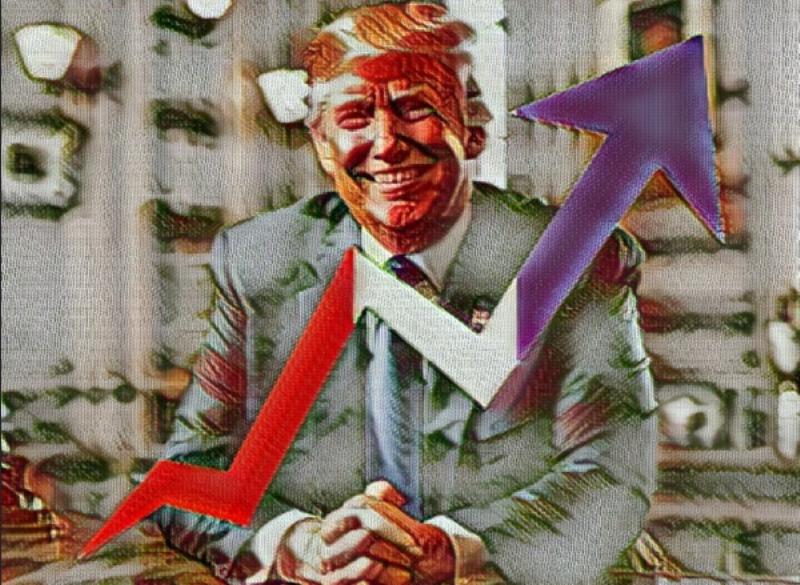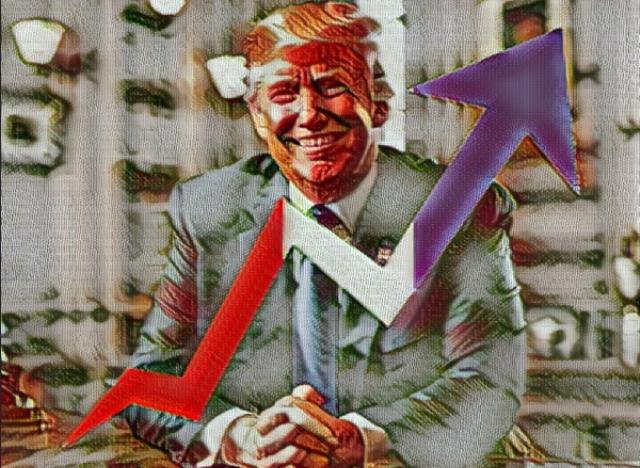


Wall Street loves acronyms, especially the newest version: the TACO trade. Believe it or not, that stands for Trump Always Chickens Out. It is a simplistic notion from simpletons that goes like this: Trump announces a level of tariffs; the market has a tizzy fit; Trump “chickens out,” the markets rally back.
To a certain extent, it may now be moot given that a Court of International Trade ruled that Trump may have exceeded his authority under the International Emergency Economic Powers Act of 1977. Or not….
Will it return if the court is overruled? The Trump administration is already appealing the ruling, which could eventually make it to the Supreme Court. Tariffs may yet be reinstituted if they are tied more directly to unfair trade imbalances rather than fentanyl. Even if the ridiculous TACO acronym is already destined for obsolescence, how did it enter Wall Street’s lexicon to begin with? We need to refute it.
Even for the TDS crowd, conjuring up a preposterous TACO trade is about the most negative interpretation they can possibly concoct, because this is what really happens: Trump announces tariffs; the skittish market and algos overreact to the downside; foreign leaders call Trump begging for more negotiating time; magnanimous Trump agrees, giving them a temporary reprieve; markets rebound.
In other words, it’s not “chickening out,” but negotiating, and it clearly worked before the trade court intervened last night. For example, shortly after announcing a 50% tariff on the E.U. starting in June, a panicked Ursula von der Leyen, the European Commission chief, called President Trump. She essentially begged for more time to negotiate trade deals. Finally, the slothful E.U. bureaucrats’ inertia underwent a change in momentum thanks to a force known as Donald J. Trump.
The TACO trade perspective is not only sauced, it’s not even a clever acronym. Fight-Fight-Fight Trump and “chicken” don’t belong in the same sentence unless it’s an antithesis literary device (or this one). That’s what makes it laughable, and unlikely to stick if appellate courts rule in Trump’s favor.
In actuality, hedge fund managers, professional money managers, institutional investors, and many stock analysts are the chickens; they were the ones who panic-sold, and advised that others follow suit, even as President Trump cautioned against being a “panican.”
As for the pitiful financial media, they are chicken littles who prognosticated economic doom following “Liberation Day.” Wall Street has many contrarian indicators, and doing the opposite of what the dire media says may hold one in good financial stead. Apparently, that’s what transpired as individual investors generally took Trump at his word that “you better go out and buy stock now.” Retail investors did, buying the dip with great gusto.
So, if anyone chickened out, it was the shrinking violets on Wall Street. Not President Trump who coaxed recalcitrant foreigners to negotiate trade deals in good faith; who cautioned against panic; and who advised us to buy stocks.
Institutional investors even indulged the “Sell America” trade. That’s another questionable asset allocation approach, which may be overdone given the reshoring and abundant inflows of investment in America’s Golden Age. Furthermore, tariff receipts were $16 billion in April, and have already topped $22 billion in May. Add to that the prospect that MAGA’s pro-growth agenda will further reduce our deficit (CBO estimates of our deficit trajectory don’t include growth projections), and selling America seems like fiduciary foolhardiness.
The next time Trump stands his ground as tricky trade talks unfurl, the financial press will likely pivot to a new criticism, including accusing him of being stubborn and antagonistic. He simply can’t win with them, but he’s winning for America. One thing’s for sure: Trump’s no chicken, but they are a bunch of “Sell America” turkeys.

Image generated by AI.
